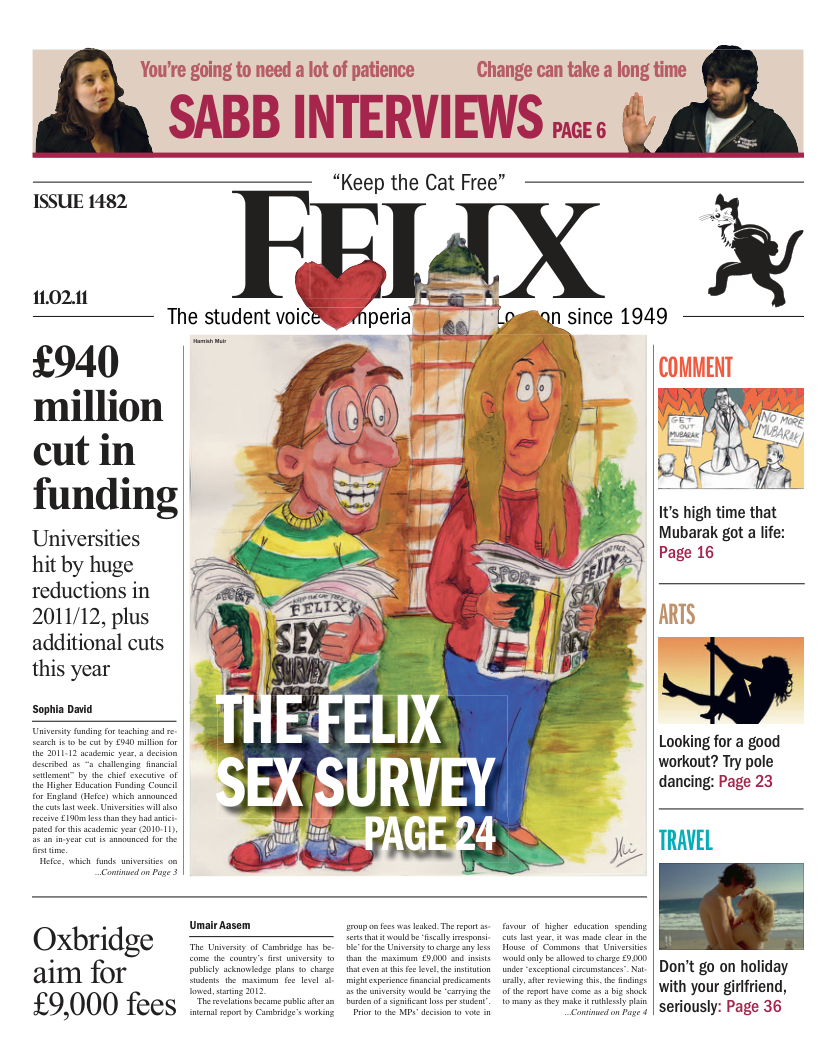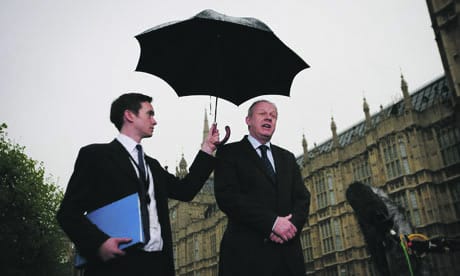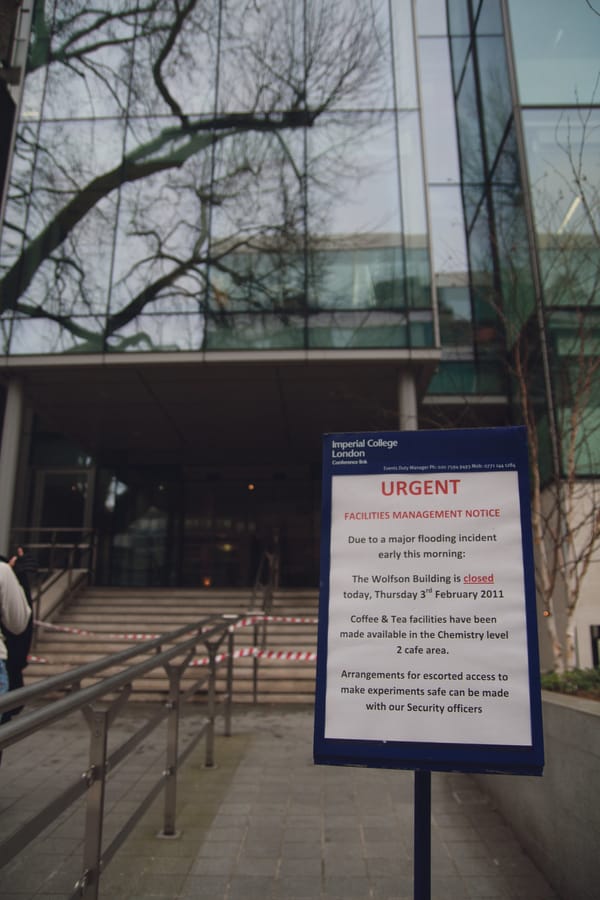Union: Minimum English requirement should rise
The Union’s response to the visa consultation in detail
Imperial College Union has revealed its response to the government’s student visa consultation with a mixed response to the suggested proposals.
As reported last week, the 31st of January saw the end of the consultation period for the review of the United Kingdom’s student immigration system. Launched by immigration minister Damian Green on the 7th of December 2010, the public consultation aimed to receive opinions on several proposals put forward about the reform of the ‘Tier 4’ visa – or the international entry route to study in the UK.
Green explained the motivation behind such proposals to the House of Commons in December: “The government is committed to minimising abuse of the student route by those whose primary motivation is not to study but to work and settle in the UK.” This followed the Home Office publishing statistics which state that 41% of students coming through the Tier 4 route were studying below degree level courses.
The Union’s submission to the visa consultation was formed by a group of student representatives – including Union President Alex Kendall, Deputy President (Welfare) Charlotte Ivison and Deputy President (Education) Alex Dahinten. Ivison explained to Felix how the process was carried out: “We had a number of meetings where we read through the consultation documents and discussed how we thought we should respond, and we talked to the International Office for College’s views.”
“We then brought our submission to Union Council, where it was discussed, amended and passed.”
Students were encouraged by the Union to fill out the consultation submission as individuals, with the form existing as a free online survey, alongside Damian Green’s encouraging response “from a wide range of people” during a speech to the House of Commons at the launch of the consultation.
Among the proposals that the Union agreed with include the suggestion that the minimum English requirement should be raised and that highly accredited sponsor institutions should be allowed to offer below degree level courses, but the Union also offers its own suggestion that ‘these institutions should be given 1-2 years to become highly accredited.’
Information from the Home Office provides details on the Government’s proposed minimum level of English, B2. This ‘upper intermediate level’ of English requires the learner to be conversant on a wider range of topics and equates to approximately 150 more hours of study than the lower level in place currently; B1, which focuses on understanding public announcements and instructions.
However, the Union found fault with several of the government’s proposals. Charlotte Ivison explained to Felix the reasoning behind particularly disagreeing with the suggested closure of the Post Study Work route, which currently allows students to stay for 2 years after their course in order to find skilled work, by arguing that “this leaves international students with four months in which to find work, which we think is unacceptable.”
Regarding the proposal that recommends students to return home in order to apply for other courses, Ivison argues that, “doing so would potentially incur significant personal expenditure, deterring would be applicants, as well as being incredibly wasteful.”
“We disagree with the proposal that if students want to remain in the country to study an additional course after their first one, that they should have to provide evidence of academic progression, as this would limit those who choose to swap degrees or do a second, unrelated degree.”
Another contentious issue was that of students being required to prove academic progression in order to take further courses, with Ivison pronouncing that “this doesn’t allow for students wishing to take courses at the same level – switching courses or taking a second BSc for example.”
Whatever the Union’s response, or indeed any of the 30,000 other replies to the consultation, the fate of student visas now lies in the hands of the government. With the results of the consultation expected to be released in April, it won’t be long before international students discover whether the process for studying in the UK will be helped or hindered.








